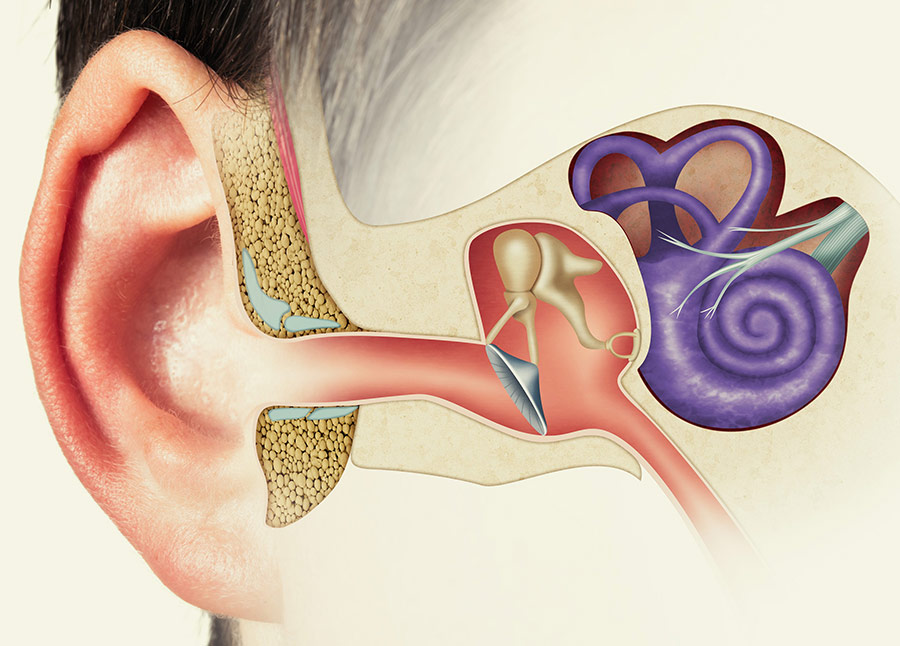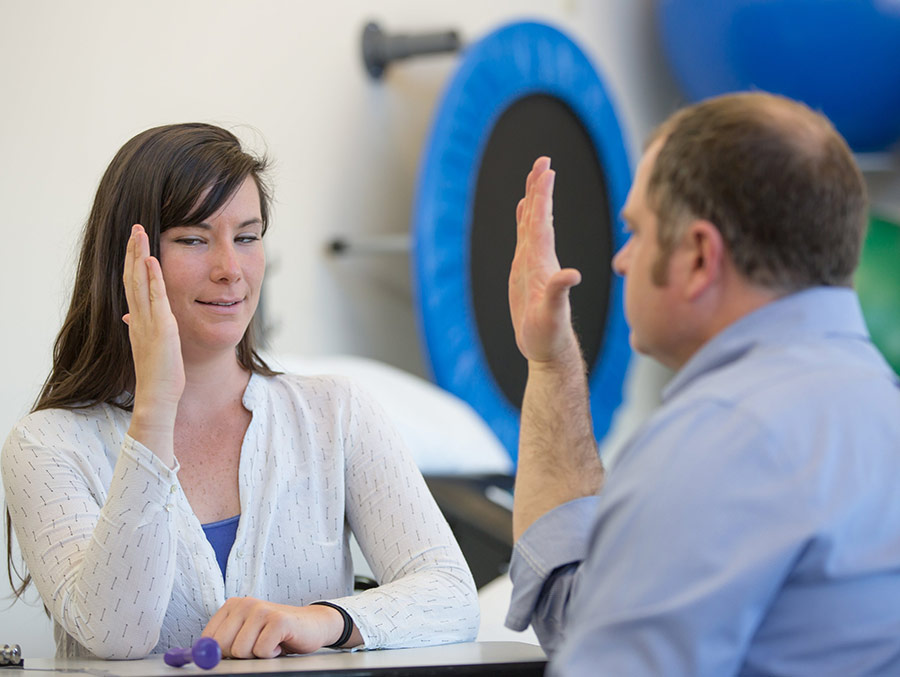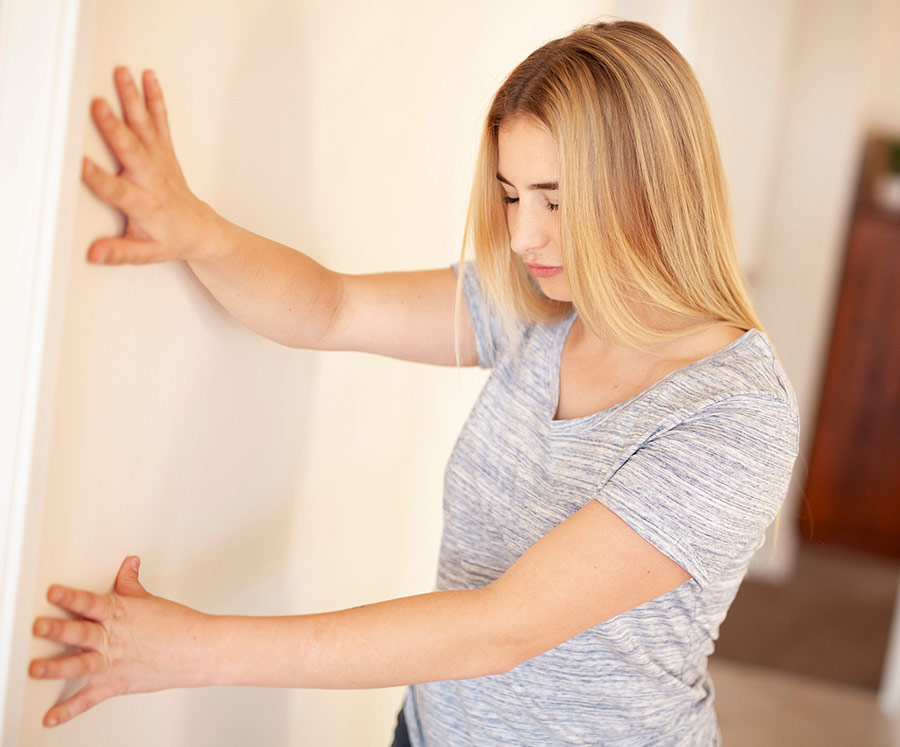



Vestibular Rehabilitation is a Specialty area of Physiotherapy that involves the assessment and active treatment for patients suffering from symptoms of vertigo or dizziness.
Specialized diagnostic equipment and tools are used to treat conditions that include: BPPV, Vestibular Hypofunction and Post-Concussion Syndrome.
Normal Function of your balance system
There are 3 main systems that help you maintain your balance:
- Vision (eyes)
- Vestibular (inner ear)
- Proprioception (sensory feedback from the feet that includes skin, joints and muscles)
When both the Right and Left vestibular organs in your inner ear are functioning properly, they send equal messages to the brain. So, the signals coming from the right ear agree with the signals coming from the left ear and the brain is essentially happy. If one of the vestibular organs is not working properly, the brain will receive different messages from each ear and that can result in dizziness and / or imbalance.
You have an important reflex called the Vestibular Ocular Reflex (VOR). The VOR acts to maintain clear and stable vision while your head is in motion. If one of the vestibular organs or the pathway to the brain is not working properly, when you turn your head, you may experience blurry vision and / or dizziness. Gaze Stabilization exercises can help improve the timing of the VOR and may be recommended by your Physical Therapist.
After an inner ear disturbance, the brain goes through a process of compensation. The brain has to adapt to the imbalanced signals from the inner ear and this process is called Central Compensation. Some people can compensate without help, but others need assistance with Vestibular Rehabilitation.
Sometimes, your doctor will prescribe a medicine called Antivert (Meclizine) to help you manage your vertigo. But, Antivert (Meclizine) is a vestibular suppressant and regular long term use of this medicine can limit the compensation process. If you are taking this medicine on a daily basis, we recommend that you talk to your doctor about weaning from this drug as soon as possible to allow your body to heal.
Typically, people with vestibular disorders carry out their daily activities while avoiding head movements at all cost, because moving your head is likely to trigger symptoms of dizziness and nausea. But the process of compensation can actually be delayed by limiting your movement. Limits in movement and in-activity can result in muscle stiffness, neck pain, headache and generalized fatigue. Your energy level may decrease and you may have trouble relaxing. You have to move to heal !
Vestibular Rehabilitation is a type of Physical Therapy that focuses on exercises to reduce the symptoms of disequilibrium and dizziness associated with a vestibular disorder. The goal of Vestibular Rehab is to retrain the brain to recognize and process signals from the vestibular system in coordination with information from eyes and proprioceptive systems. This often involves desensitizing the brain to movements that provoke symptoms. Vestibular Rehab involves specific exercises that can eliminate or significantly reduce symptoms by promoting central nervous system (brain) compensation.
General goals of Vestibular Rehabilitation are to:
- Decrease dizziness and visual symptoms
- Improve balance and walking
- Improve fitness and endurance
Types of exercises recommended can include:
- Eye and head movements
- Habituation exercises to desensitize the vestibular system
- Balance and walking exercises
Some exercises may make your symptoms seem worse at first. But with time and consistent work, your symptoms will steadily improve and you will find that you are able to participate in more of the activities of your daily life. Walking for 30 minutes daily can improve fitness and help to manage symptoms. A regular walking program is recommended for most of our patients. It typically takes 4 – 8 weeks of performing the exercises on a regular basis to notice a significant change in your symptoms. Once your body goes through the compensation process, you should be able to perform most of your regular daily activities without symptoms.
Please keep in mind that excess stress, fatigue, prolonged in-activity or illness can cause your body to decompensate again, resulting in return of dizziness and imbalance. If this occurs, it is recommended that you return to your prescribed vestibular exercise program for a few weeks.
